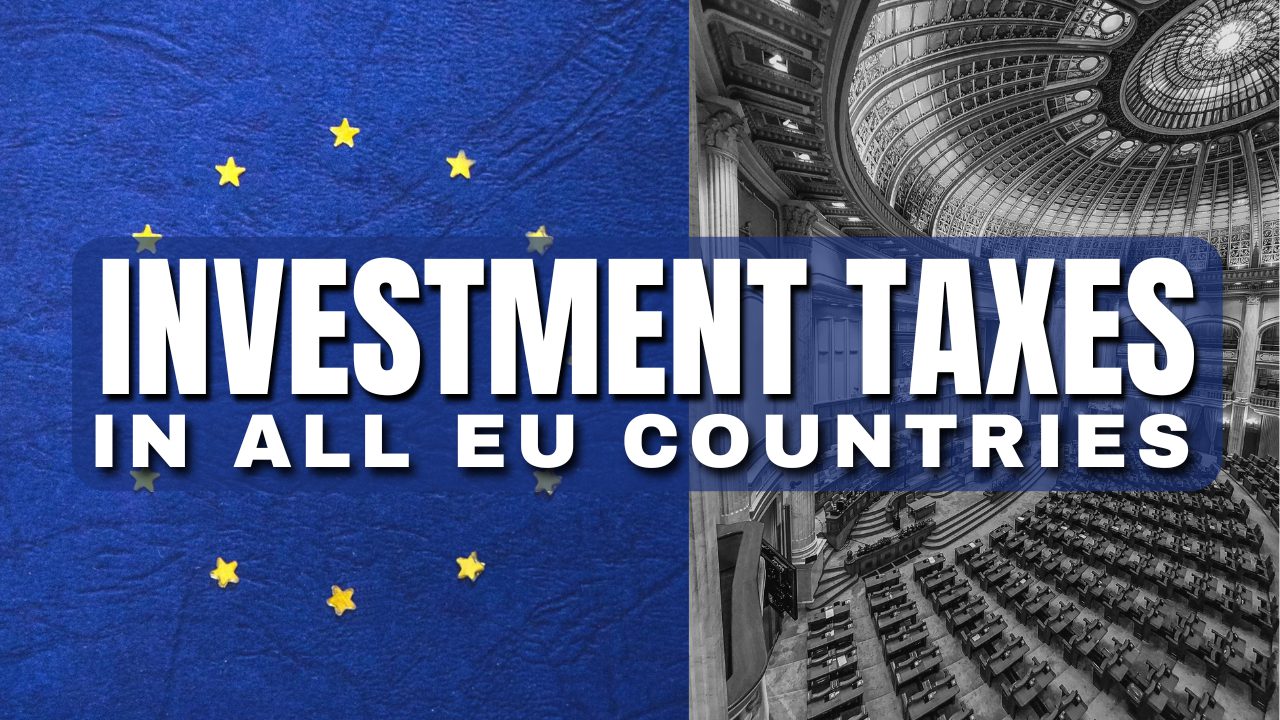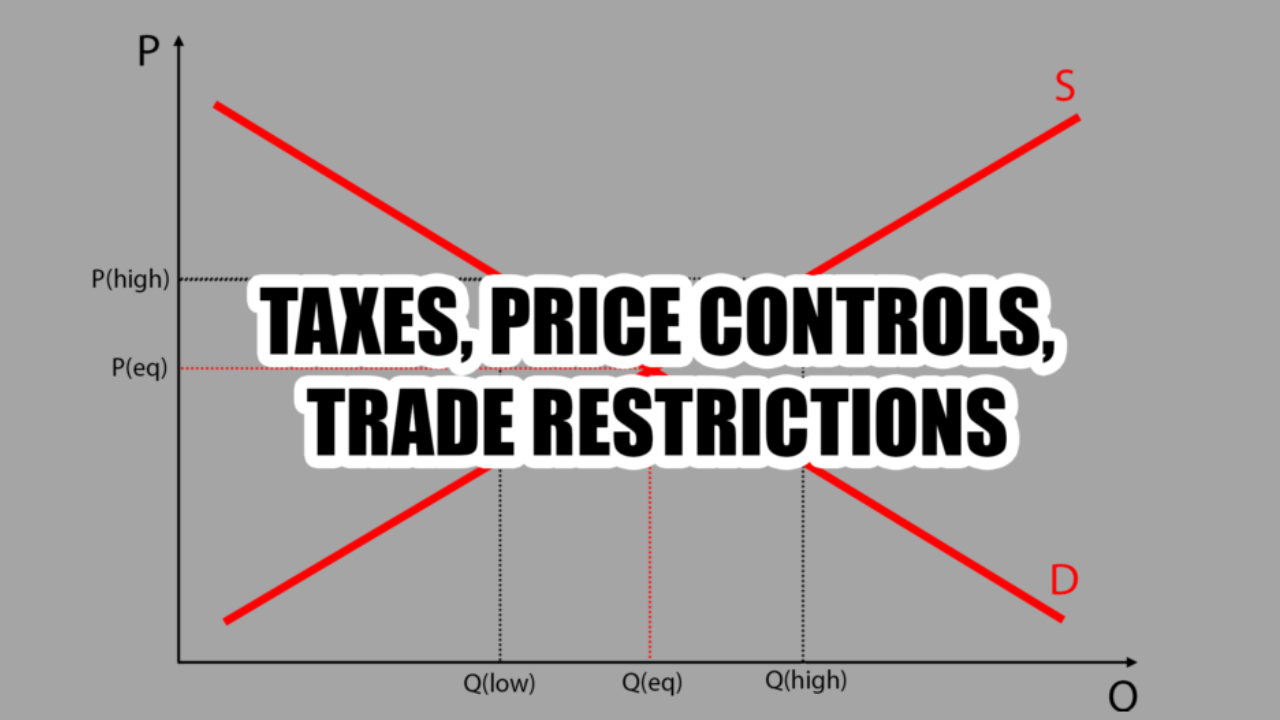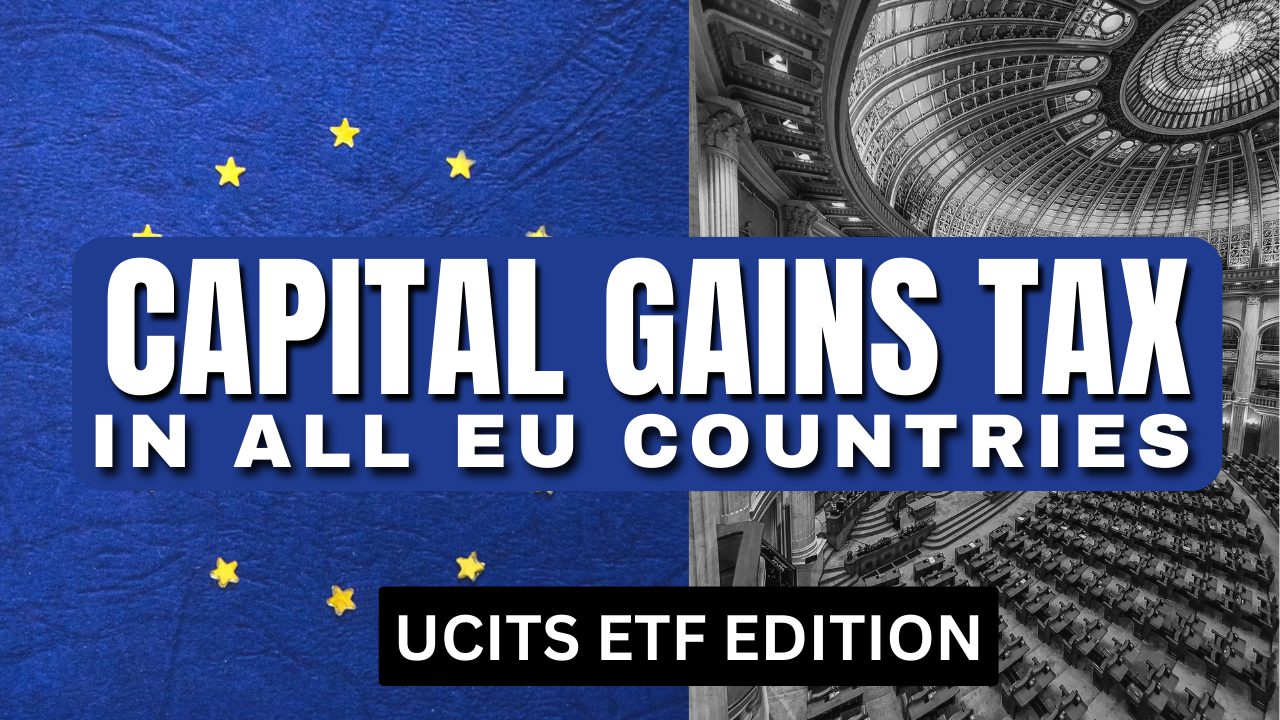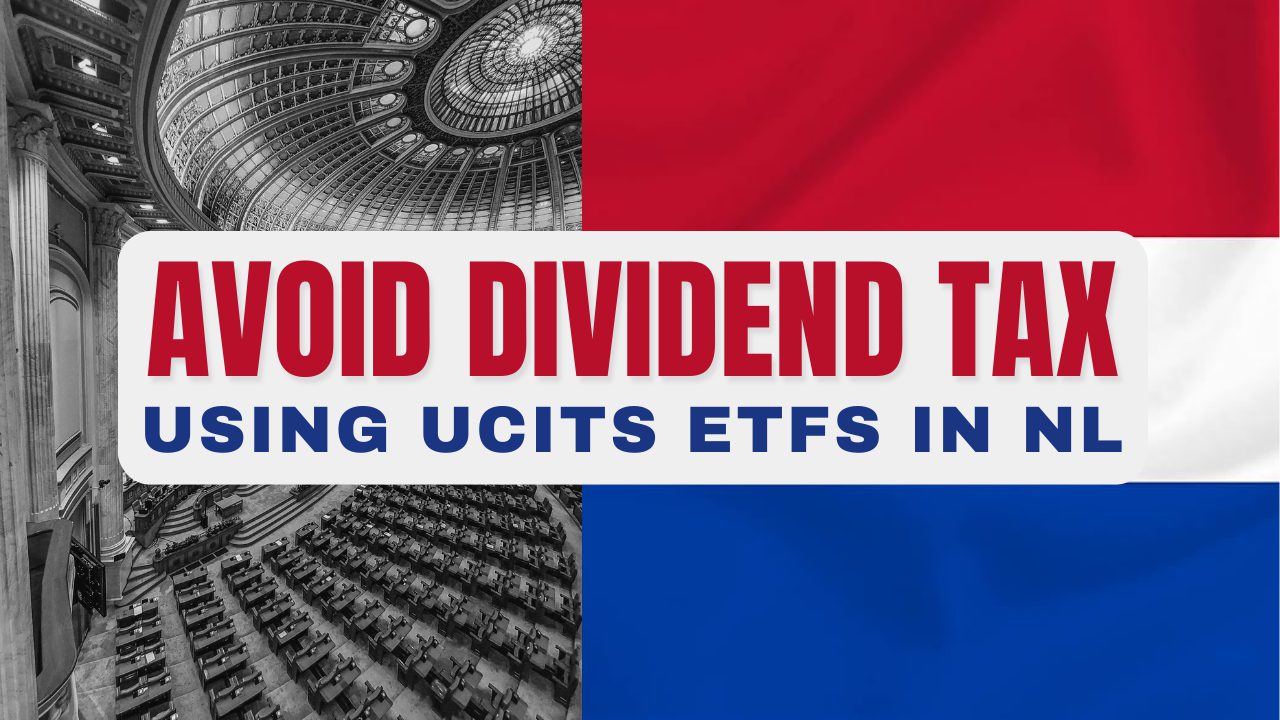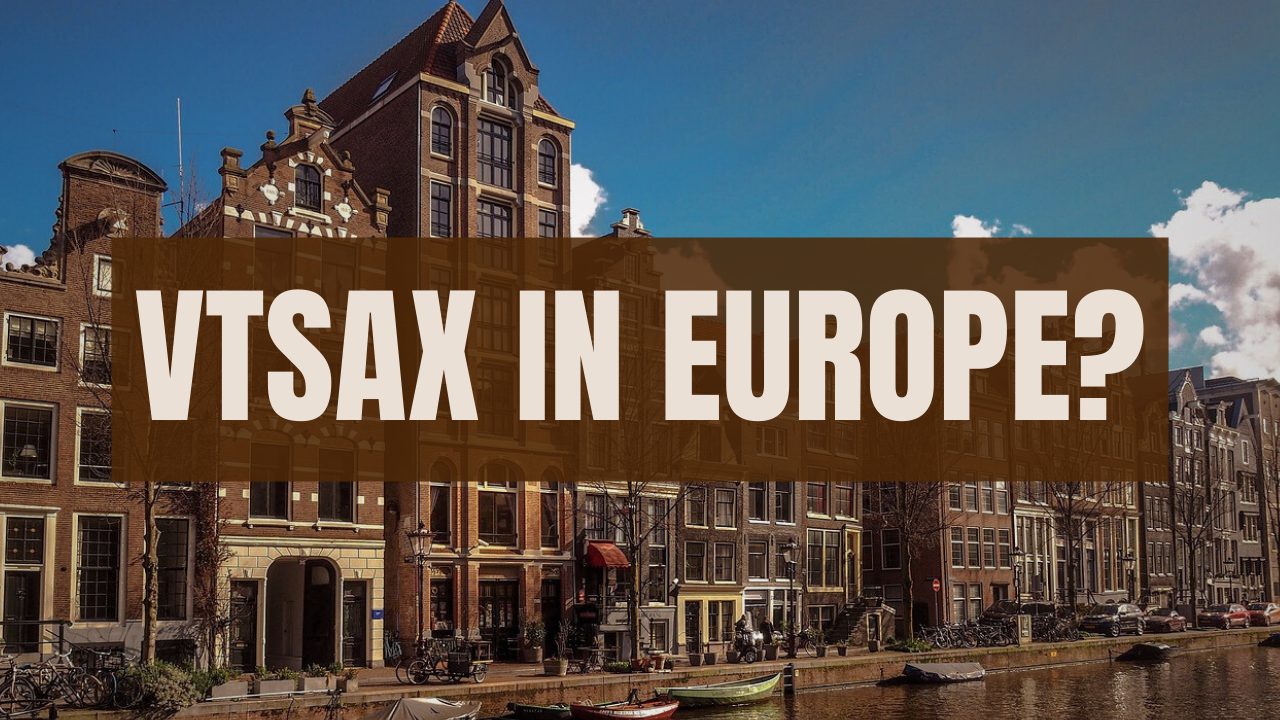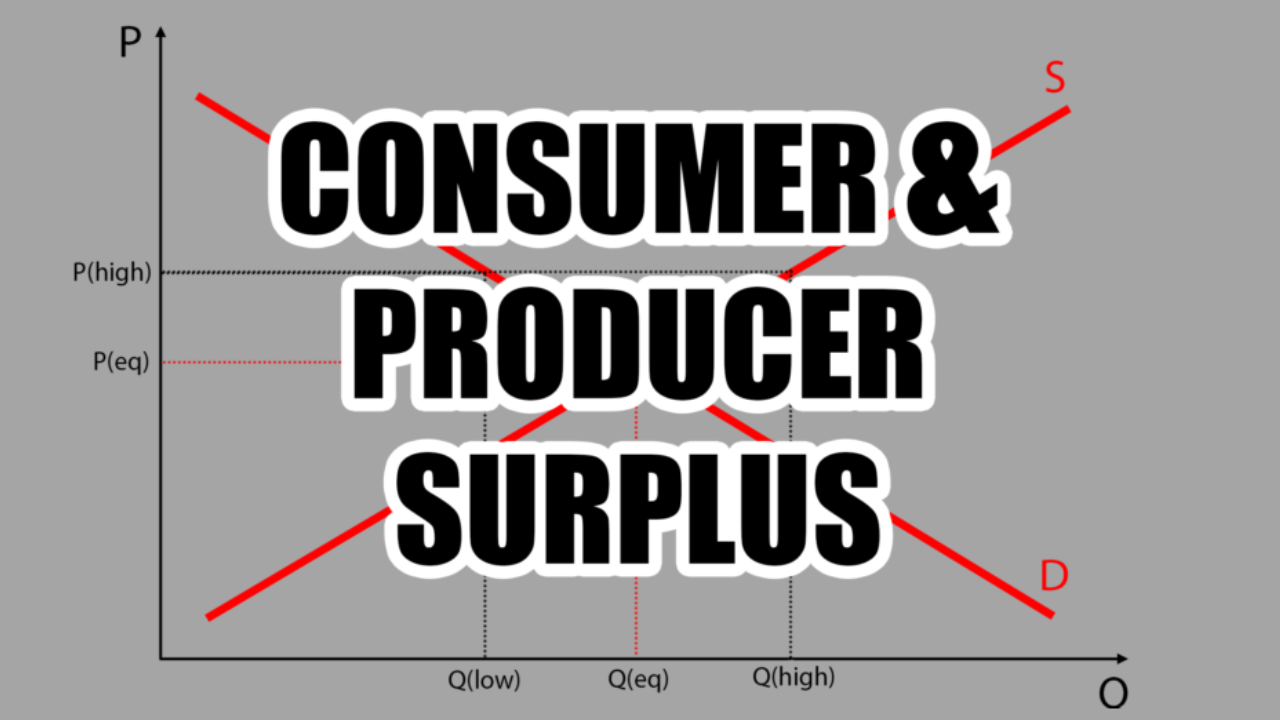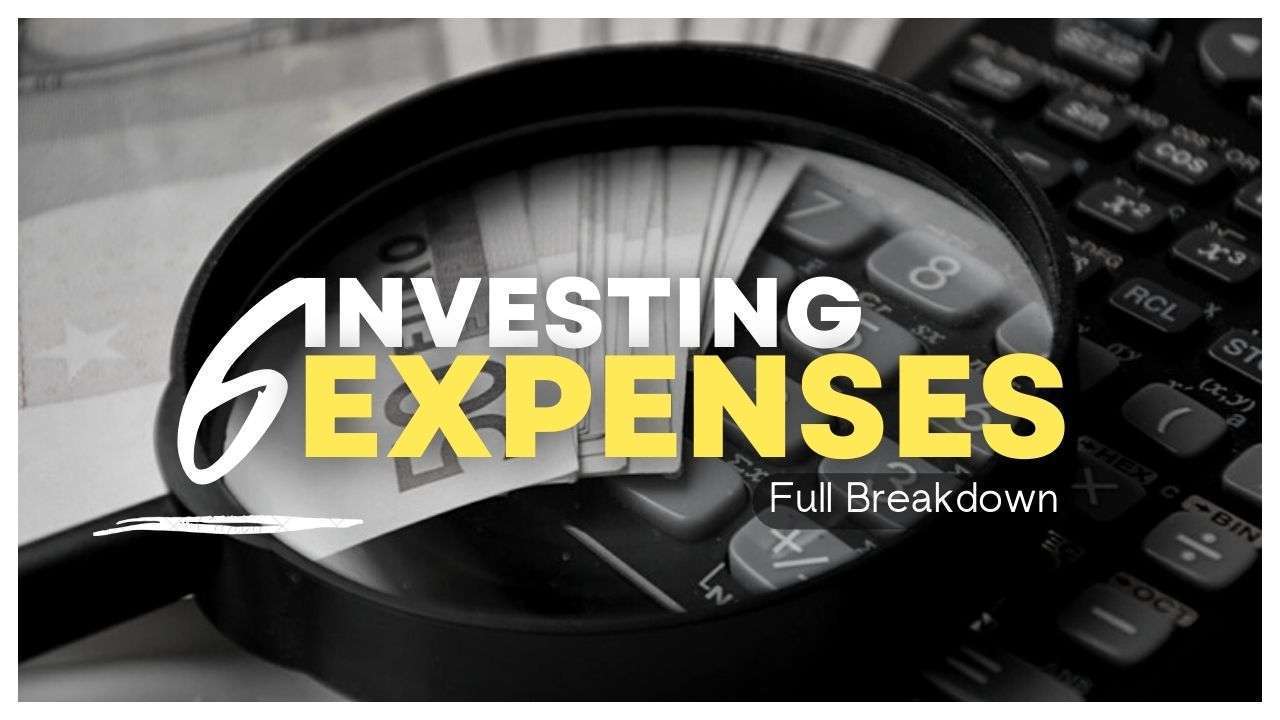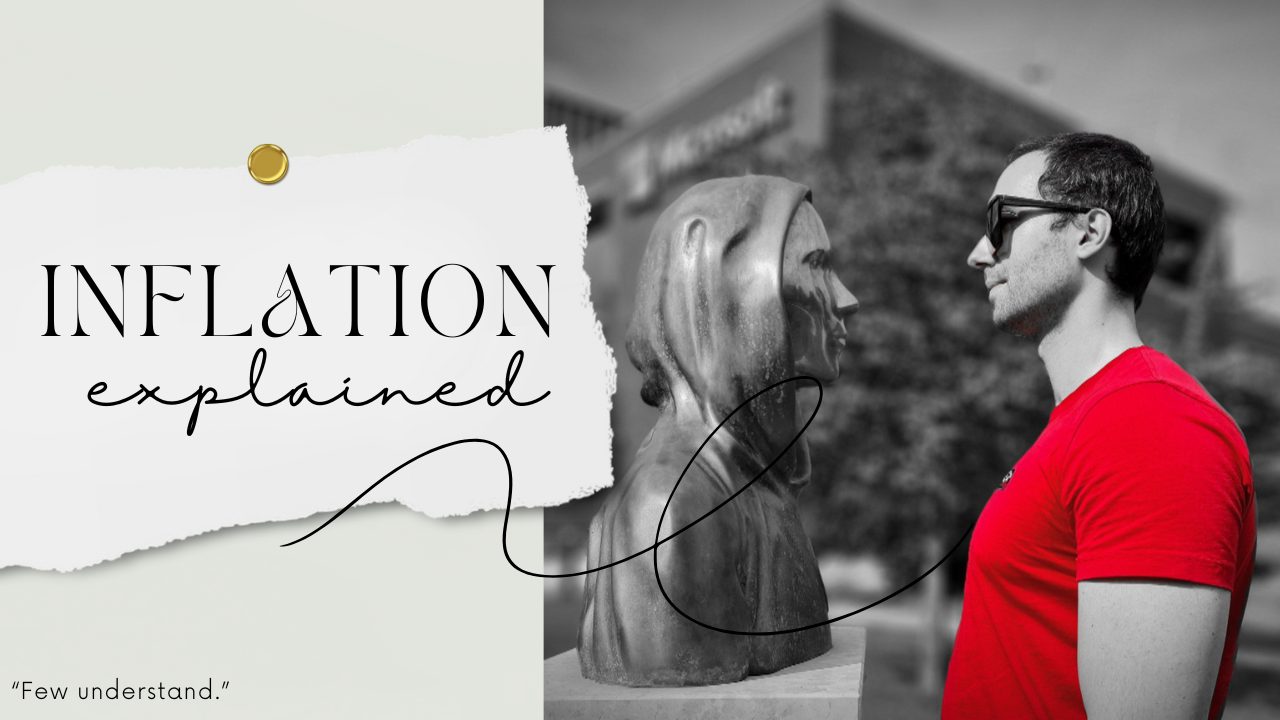
Net-worth based taxation (AKA wealth tax) is becoming more common in Europe, and especially in the EU.
In this post, I’ll cover all countries in Europe that implement wealth taxes and rough approximations of the rates and conditions.
If you’re interested in a more general European taxation post, I covered all investment taxes in all EU countries.
Wealth Tax in France
The French wealth tax is applicable to investors with more than ~€1.3m in worldwide real estate.
The rates are between 0.5% and 1.5%, based on the current value of the properties.
Other assets, such as stocks, crypto, precious metals, etc., aren’t in scope. There is a capital gains tax regime for those.
Wealth Tax in Italy
Italy levies wealth taxes on investors’ total net-worth, with a separate rate for foreign real estate (around 0.8%) and movable assets (around 0.2%).
Besides this tax, there is also a capital gains tax when selling investments.
Wealth Tax in Liechtenstein
To understand Liechtenstein’s wealth taxes, it’s easier if we first cover the income tax rates in the country.
In summary, the income taxes in Liechtenstein are quite low for EU standards – they range from 1% to 8%, with the highest rate being applied on income above CHF200k.
Now, the wealth tax: the tax authorities assume a 4% net-worth growth, regardless of an individual’s actual performance. And then, the assumed growth is taxed as income.
In summary, the wealth tax is between 0.04% (1% of 4%) and 0.32% (8% of 4%).
There are no additional investment taxes besides this.
Wealth Tax in The Netherlands
Similar to Liechtenstein, the wealth tax in the Netherlands is based on assumed growth.
But the Dutch wealth taxes are more variable – the assumption is that investors realize the market’s long-term returns (6%-7%-8%) and then a 35%-36% “capital gains” rate is applied.
Effectively, it’s a wealth tax between 1.5% and 2.5% on the net-worth above ~€60k.
There are no actual capital gains taxes besides this.
Wealth Tax in Norway
The wealth taxes in Norway are straight forward: 1.1% on the assets above NOK20M (~€1.7M).
Norway also has capital gains tax besides the net-worth based taxation.
Wealth Tax in Portugal
Similar to France, Portugal only levies wealth taxes on real estate.
The rates are different based on the properties’ value: starting from 0.7% above €600k and 1% above €1M.
Other assets aren’t in scope and there is a separate capital gains system for them.
Wealth Tax in Spain
The wealth taxes in Spain are progressive (from 0.3% to 3.5%).
It’s difficult to give the exact calculation country-wide as different regions have “tax reliefs” (deductions), so it differs per location.
In general, individuals with net-worth between €3M and €10M will end up paying around 2%.
Besides the wealth tax, Spain also levies capital gains taxes.
Wealth Tax in Switzerland
Switzerland implements wealth taxes as a percentage of investor’s net-worth above a certain threshold.
Similar to Spain, it’s difficult to cover it country-wide as it differs per canton. But for example, in Zurich, the wealth tax starts at 0.05% from CHF77k and increases to 0.3% from CHF3.1M.
There aren’t additional capital gains taxes in Switzerland.
Afterword
Understanding the wealth tax across EU is crucial for expats and investors.
Based on your circumstances, you might prefer net-worth based taxation over capital gains or the other way around. Active and successful traders might prefer to pay a flat fee and be done with it, while passive investors would prefer capital gains tax.
I already covered all EU countries’ capital gains taxes, if you’re interested.
When you’re setting up your residency, it’s important to understand the present and future tax consequences of it. Maybe some of the thresholds are high for you now, but if you’re a productive member of society, it’s a matter of time until it affects you.
Consider this post a starting point for your research, without any guarantees for correctness or completeness. If you have some remarks, questions, or want me to add something, reach out or comment below.
For more posts covering specific European investing and taxation topics, visit the EU Investors’ Handbook.
 Husband & Father
Husband & Father  Software Engineer
Software Engineer 



